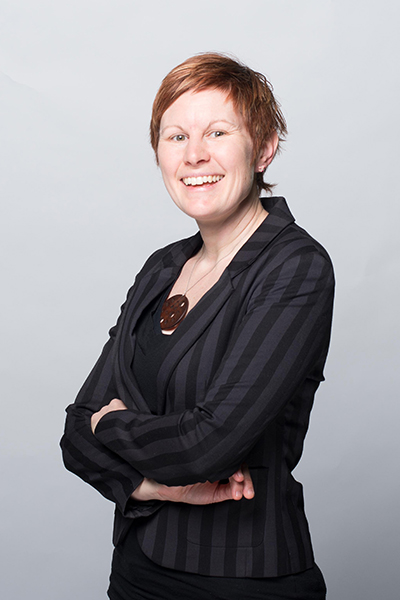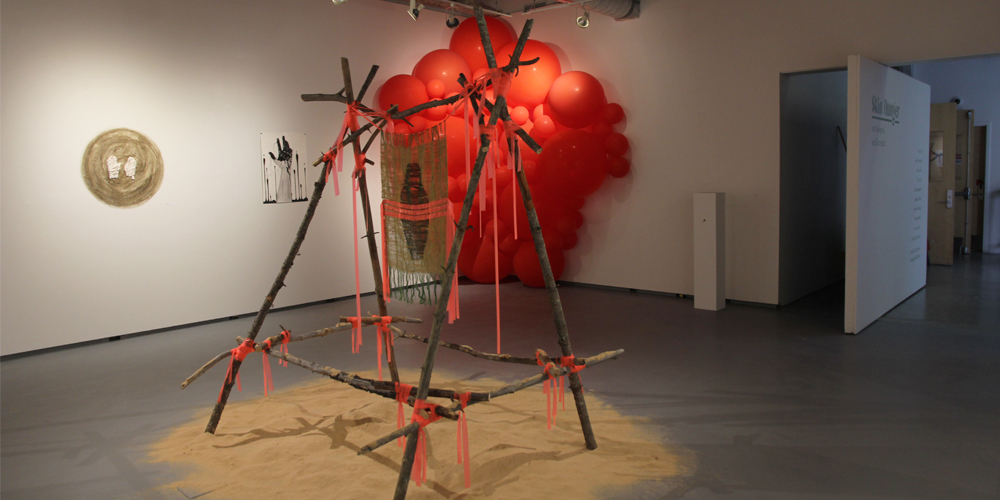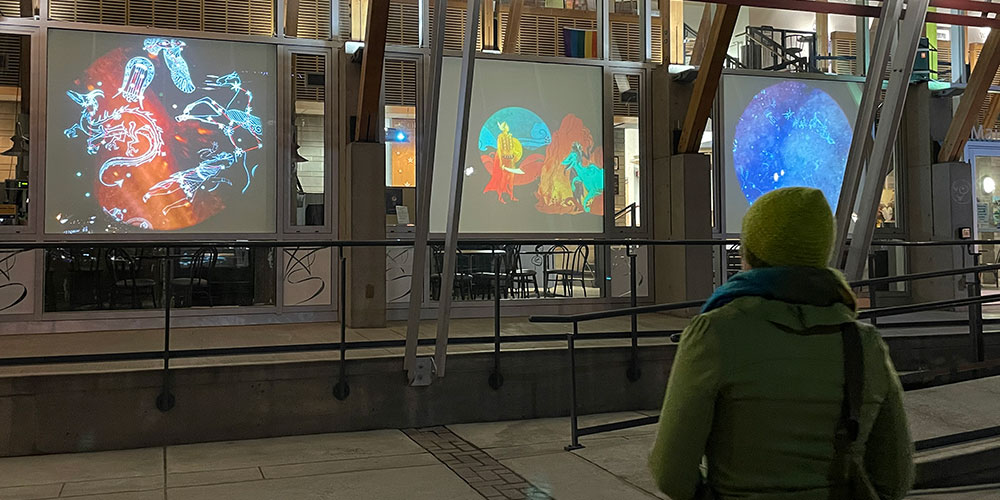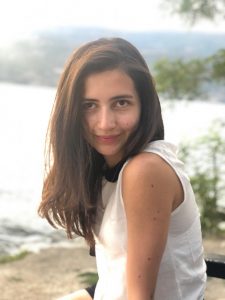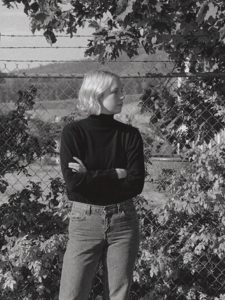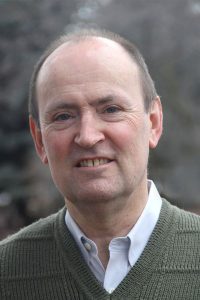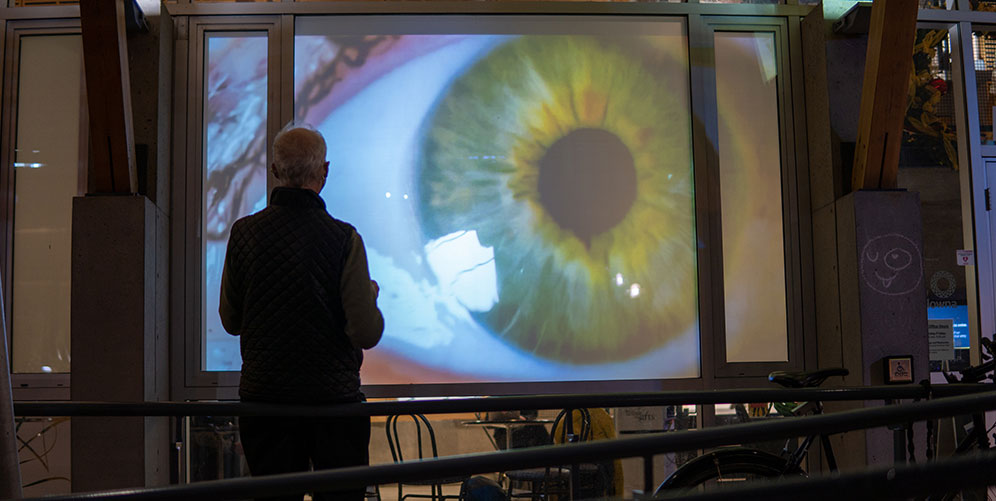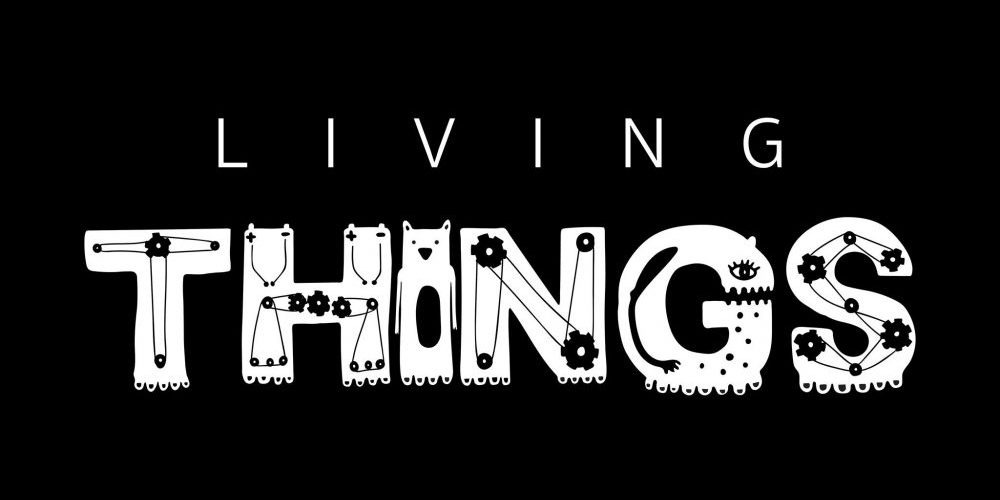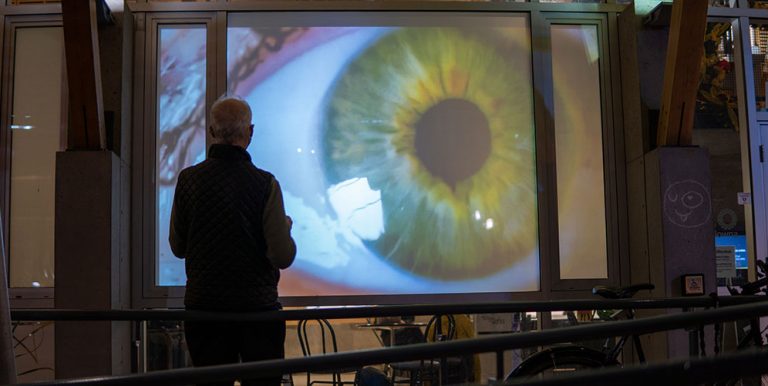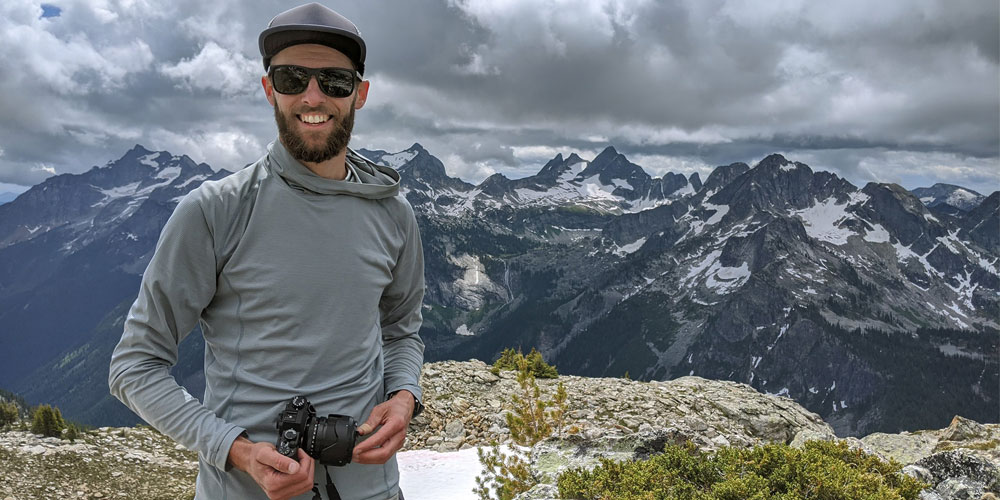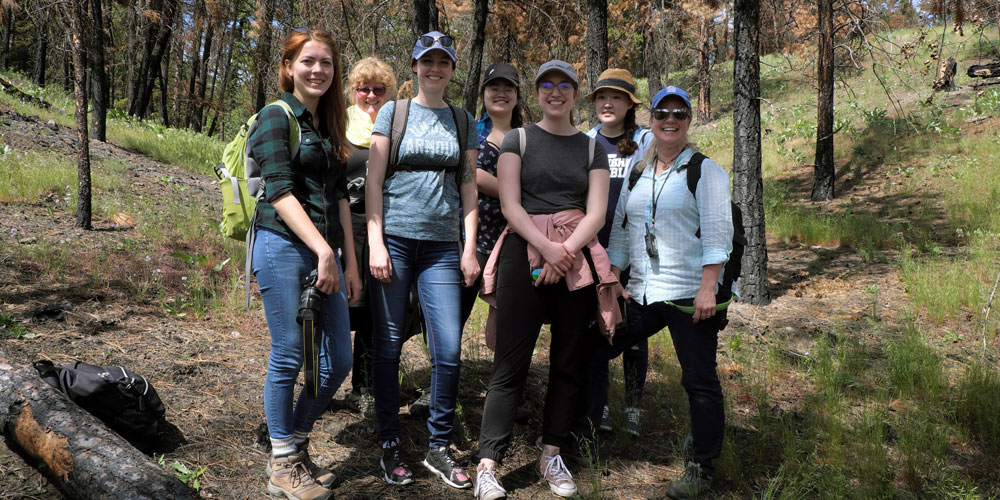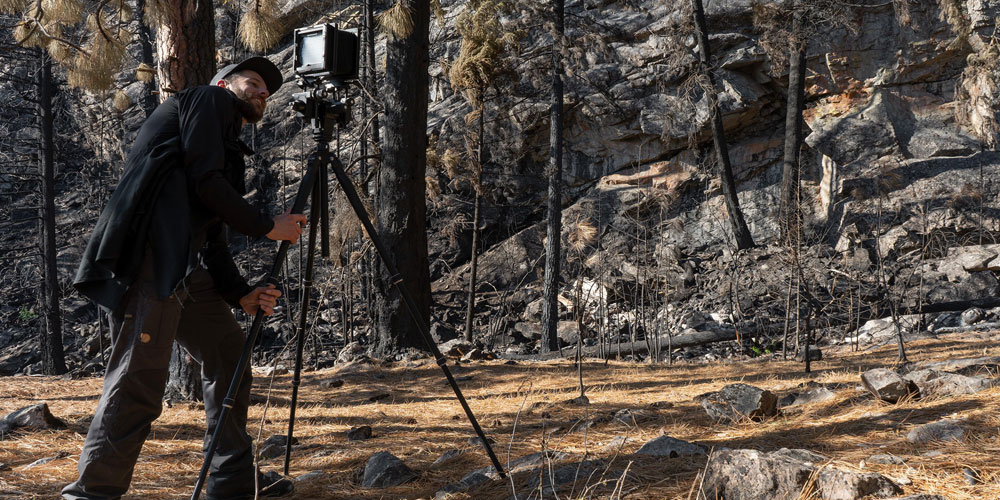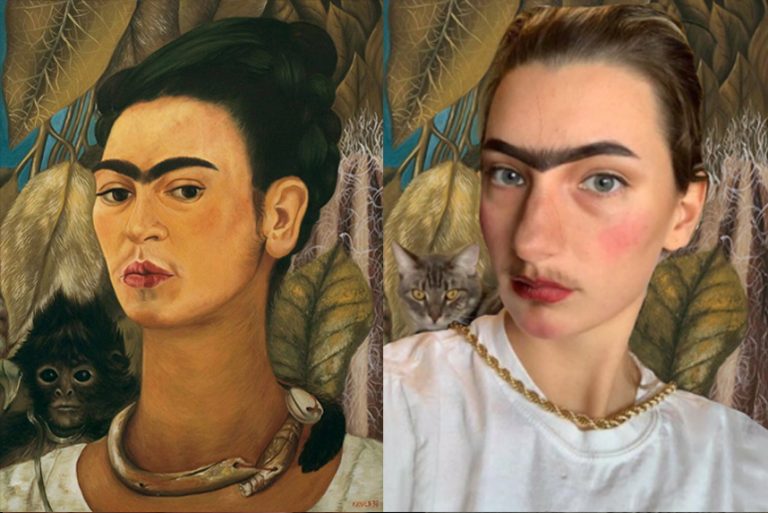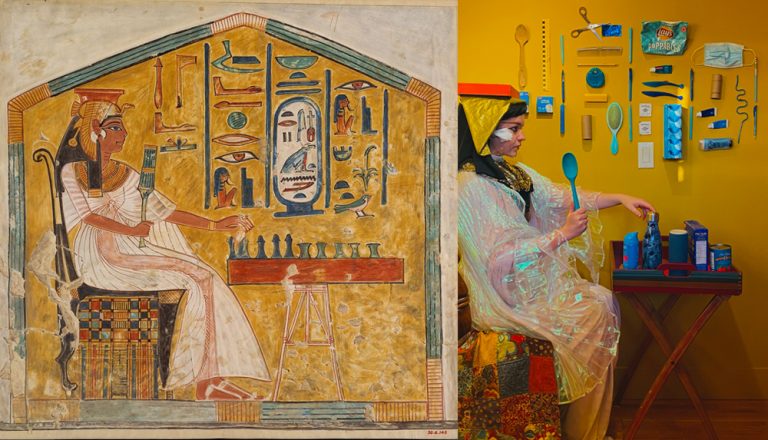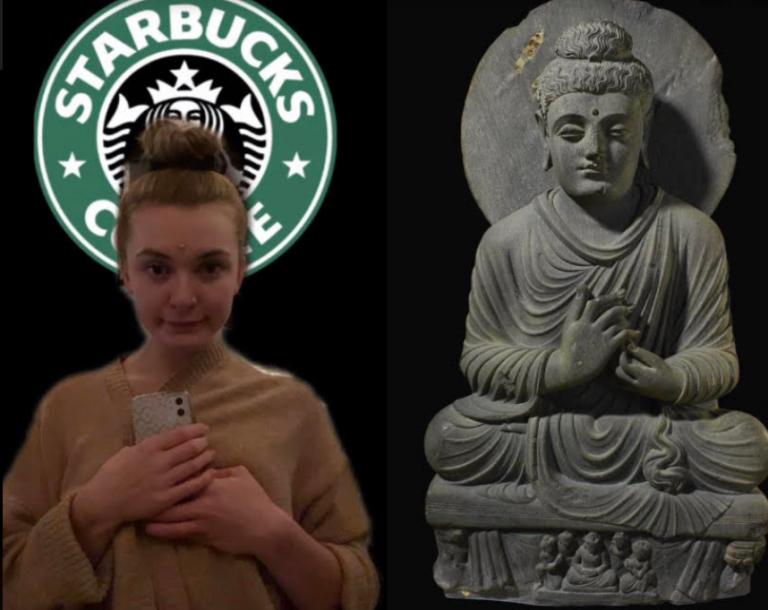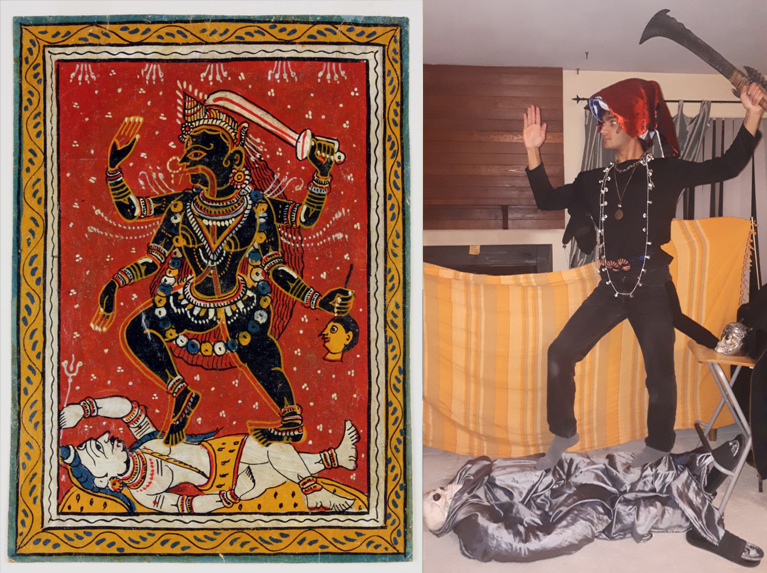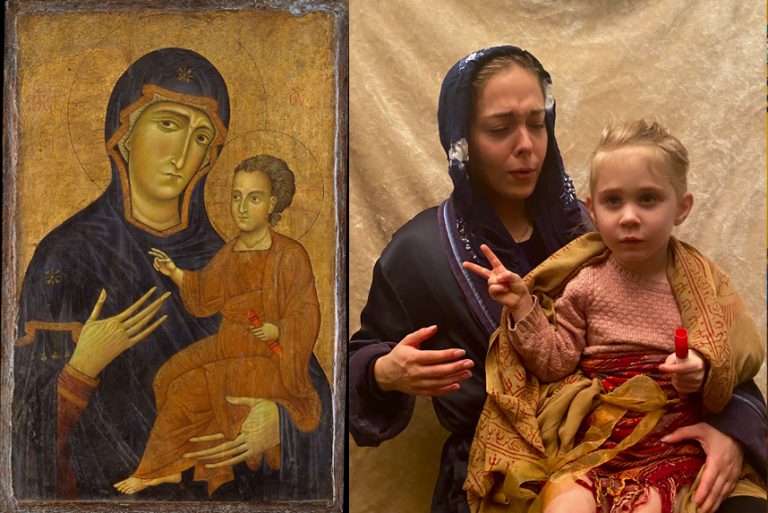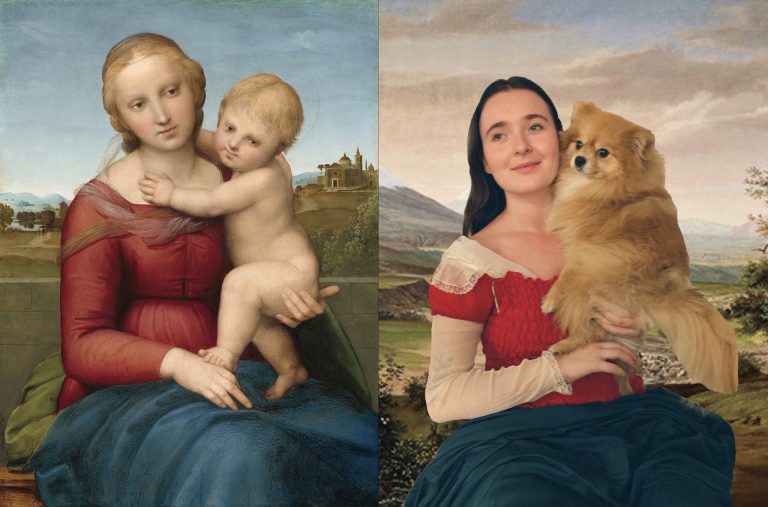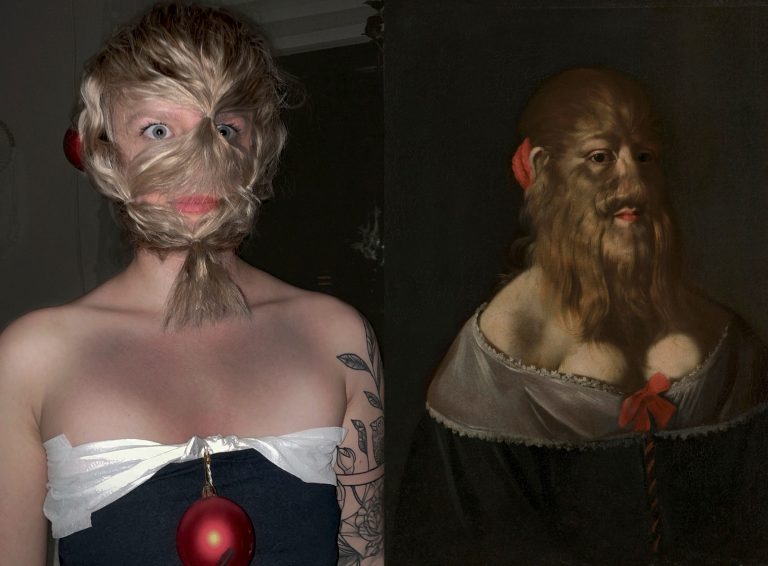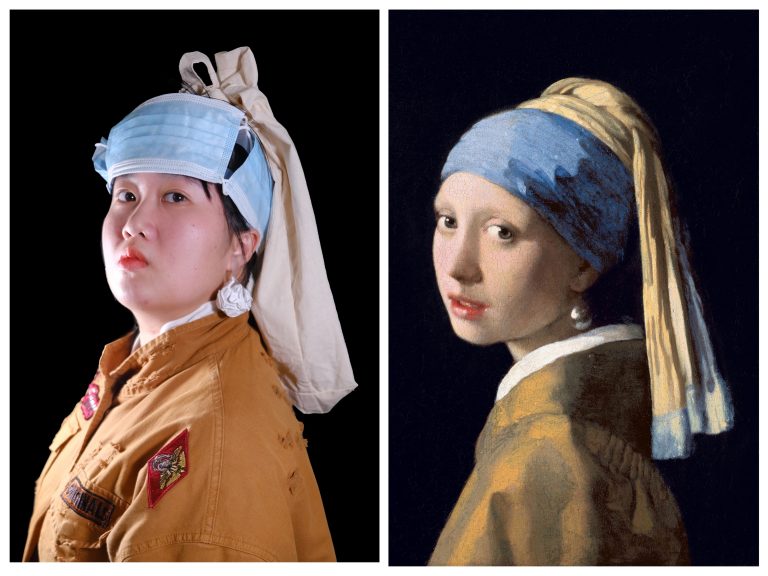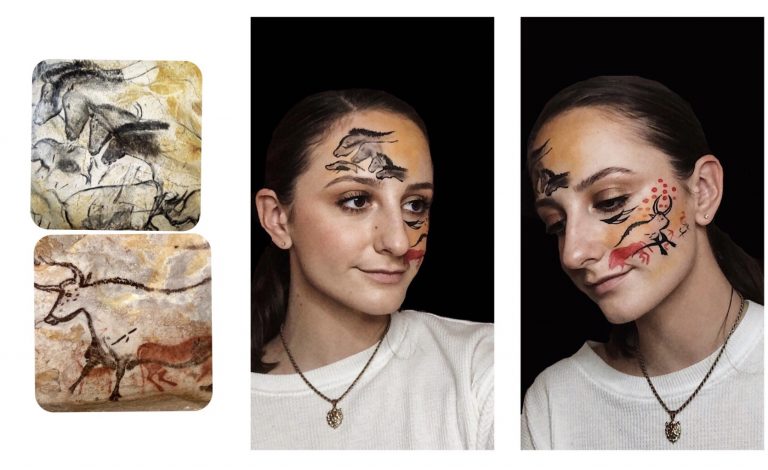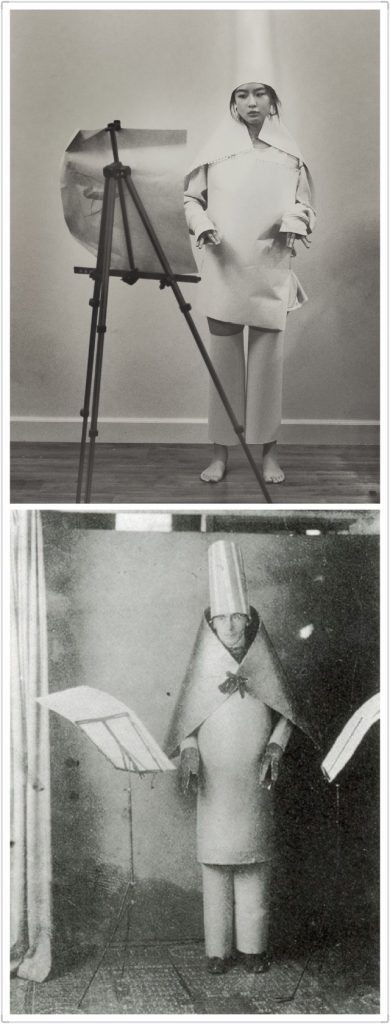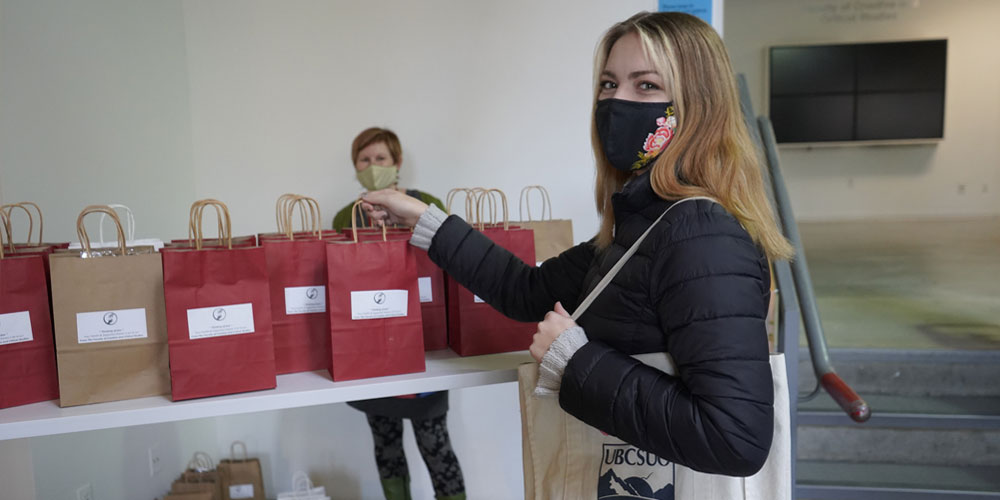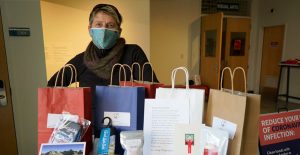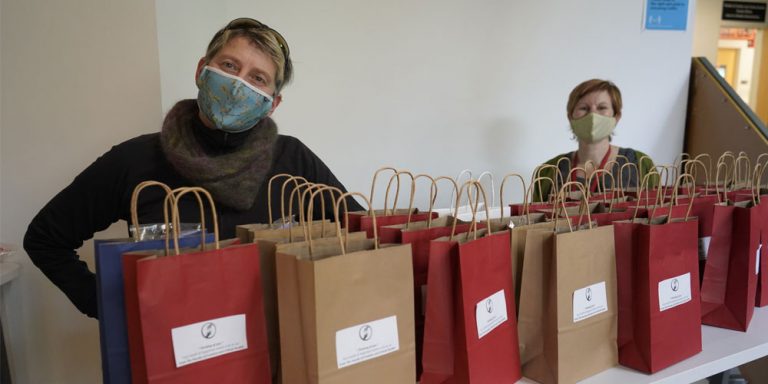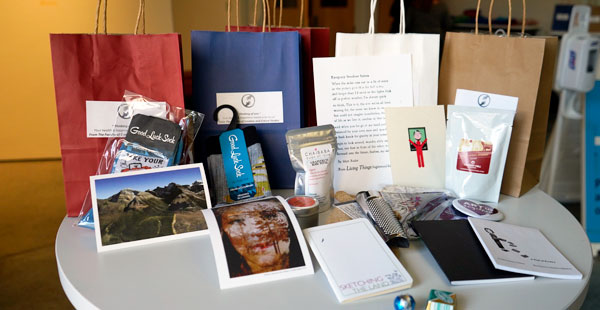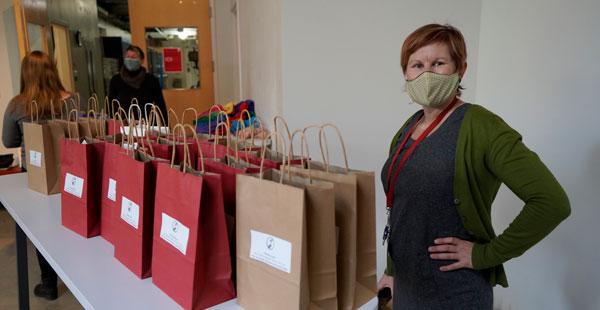Faculty Spotlight: Kerrie Charnley
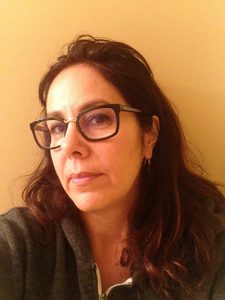
Kerrie Charnley
The Department of English and Cultural Studies is pleased to welcome Kerrie Charnley as the newest member to join the English program. Dr. Charnley joined the faculty at UBC Okanagan in the summer of 2020. Dr. Charnley has a PhD in Language and Literacy Education from UBC Vancouver. She is Coast Salish from Katzie First Nation and over the past 15 years has taught courses in Indigenous Education, Literature, and Health at UBC, SFU, and the Institute for Indigenous Governance (NVIT).
Dr. Kerrie Charnley has been working in the fields of Indigenous writing, education, law and health for thirty-five years, since the mid-1980s.
“I am particularly interested in land-based learning and teaching in multimodal, embodied and experiential ways through literary and discourse analysis, story, performance, art and cultural-spiritual and sustainability practices. I am also interested in language revival and how language translation theory can inform and expand our understandings of communication within a given language.”
We met up with Kerrie to find out a bit more about her, her research and her teaching practices.
Why did you choose to come to UBC Okanagan?
I have long appreciated and respected Dr. Jeannette Armstrong’s epistemological and language work, and her voice, activism and leadership. Also, since the 1980s I had been impressed with Theytus Books as one of Canada’s first Indigenous owned and operated publishing houses, and then the establishment of the creative writing school at the En’owkin Centre, both in Penticton. Shortly after UBCO came into existence, while I was completing my master’s degree in 2007-2008, I happened to be working in the administration of faculty appointments for the Dean of Applied Science, Dr. Michael Isaacson, who told me about UBCO and how it came to be. From then on UBCO was on my radar. I noticed there was a growing cadre of highly respected Syilx Okanagan scholars at UBCO, such as Dr. Jeannette Armstrong, Dr. Marlowe Sam, and more recently, Dr. Bill Cohen. This, along with the kind of relationship that the Memorandum of Agreement established between the Okanagan Nation and UBCO, told me that, from an Indigenous perspective, and within an Indigenous values framework, things were being done in a good way here.
Tell us about your research and any recent publications.
My research focus has been on the holistic and multi-modal aspects of Indigenous Peoples’ land-centered literacies, epistemologies, and pedagogies, and educational programming. By land-based I also mean air and water-based. I’ve also been interested in what Indigenous women authors have to say. Many, if not most of whom are activists. I’ve interviewed and written about some of the most influential Indigenous women writers, such as Mohawk writer and activist Beth Brant, Coast Salish and Cree author and activist Lee Maracle, and many others. Some of my work is in the first two Gatherings Journals (1990, 1991) published by Theytus Publishing, and also in feminist journals (Kinesis 1987), (Fireweed, 1991) and other Indigenous publications and a linguistics journal, Salishan Language Conference Proceedings (2008).
My biggest writing feat is my Ph.D. dissertation (2019), which tells the story of my research journey focusing on land-based and storied Indigenous pedagogy within a specific Coast Salish, Katzie familial and educational context. The research journey traverses geographical, educational, experiential and cultural-spiritual cognitive landscapes. Other related interests include a/r/tography and arts-based research. I am also keenly interested in art practice and performance as knowledge creation and as pedagogy. I’m a painter, photographer, knitter, and runner and enjoy thinking creatively.
How did you know you wanted to be a professor?
It was a process. Given the recent history of colonization, and its impact on every Indigenous person, there were extra hurdles I faced for any goal I wished to achieve in my life. If there is one pivotal moment in terms of becoming a professor that stands out to me, it is a brief conversation that Dr. Graham Hingangaroa Smith, (UBC Distinguished Chair in Indigenous Education at the time), struck up with me in the spring of 2006 as we walked across campus during the UBC SAGE Indigenous graduate conference. He asked me questions and took it upon himself to tell me it was important for me to go on to do the Ph.D.. I was doing my masters at the time. He spoke to me with great respect, care and attention, he said the university and the students needed me and my work. He was the first person to give me that complete sense of confidence in my ability and recognize the value and purpose of my work in terms of becoming a professor.
What most excites you about your field of work?
Witnessing the transformation of students’ consciousness over the weeks of a course, and the shifts that happen in their identities – as learners, scholars and creative and critical thinking, world changing, socially just, empowered human beings – excites me. Sharing the wisdom of Indigenous scholars and elders in the readings/viewings and guest speakers with the students excites me. Stereotypical and surface thinking is a challenge and an opportunity. Even with all that I have overcome and all of my achievements, I still struggle with self-confidence and conveying that confidence in the way that I present and communicate myself. Communicating confidence is a work in progress which I think will become less of a struggle as I settle into my role.
About Kerrie
I grew up in the West End, along English Bay, by Stanley Park in Vancouver with my single mother, and in the country on two acres surrounded on three sides by a forest, above Mission City overlooking the Fraser Valley, with my English Blackburnian grandfather and my Katzie Coast Salish grandmother. Both my grandparents were fluent in our Hən̓q̓əmin̓əm̓ language. Throughout my childhood, my extended family, including my aunt, two uncles and cousins, would convoy in two vehicles to the Okanagan in the summertime. We’d travel up and down the Okanagan, visit family and friends, camp or stay in a motel, and most excitingly, go horseback riding up and down the sage brushed hills, receive rejuvenation from the beautiful Lakes, and bring home flats of tomatoes and peaches. My grandmother told stories during the drive. These are fond childhood memories that continue to sustain me today.
